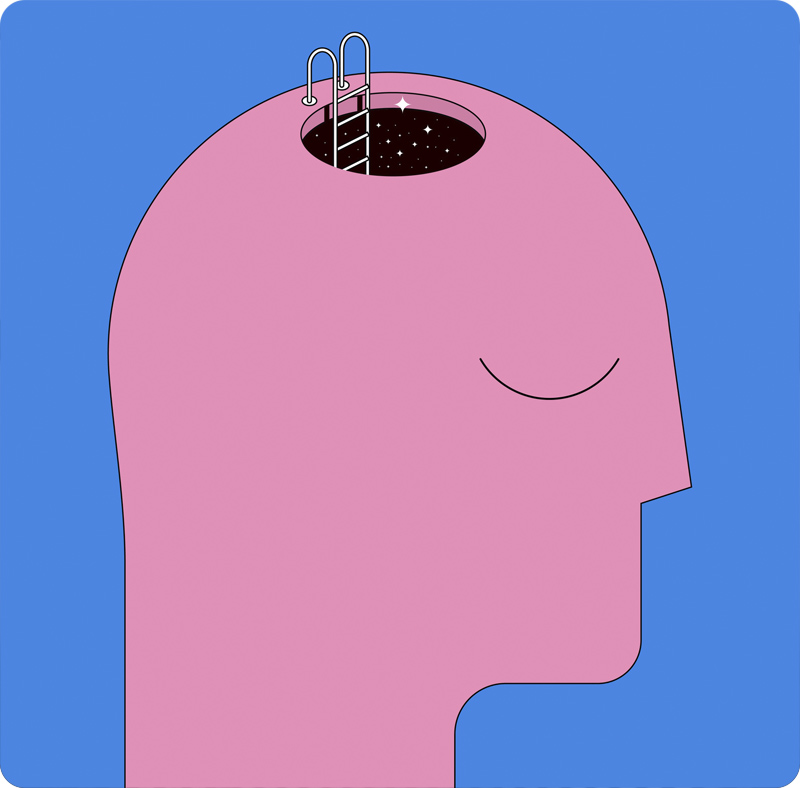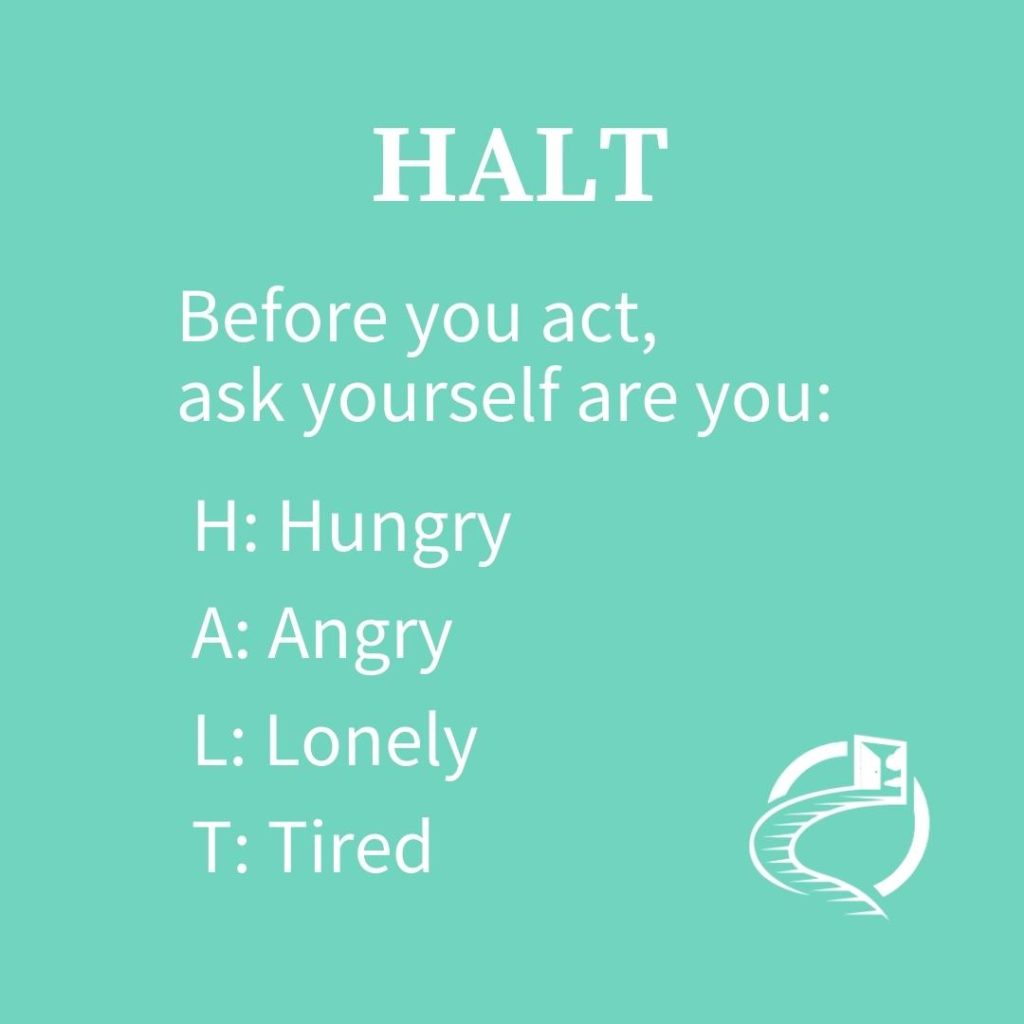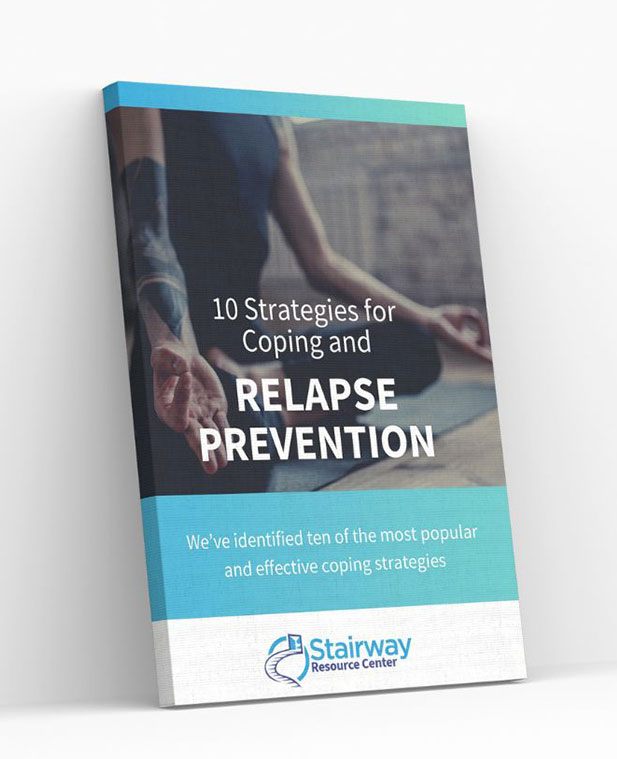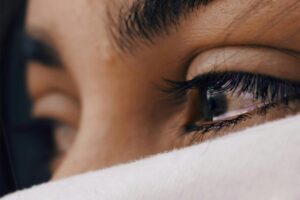Develop Skills to Help with Mental Health and Prevent Relapse

When dealing with a substance abuse disorder, it may seem like there’s no easy escape. Most of these disorders are related to other mental health disorders like anxiety and depression, both of which are difficult to treat or even talk about. Even if you manage to become sober, triggering situations can drive you right back to substance abuse, which can make your odds of long-term recovery seem impossible. The truth is, though, it’s entirely possible to achieve such a goal if you have the right tools and coping skills at your disposal.
Coping Skills Development
A good coping mechanism is one that not only distracts you from your most negative thoughts and tendencies, but also teaches you the skills to move forward happily and healthily. The better you become at handling your mental health, the less likely you are to relapse back into your substance abuse disorder. You’ll be more equipped to face your day-to-day life and handle any problems you might face, even if the skills you need seem unhelpful or random at first. A big part of learning about and adopting coping mechanisms is to turn them into a normal part of your routine or into something you do out of habit, because once these things become average for you, you’ll start to see the results you’re after.
“Though no one can go back and make a brand new start, anyone can start from now and make a brand new ending.”
– Carl Bard
Relapse Prevention Tools and Strategies
There are many ways to alleviate stress, and we can use the ones that suit our unique personalities and needs. Some activities will help one person cope but not another, depending on their mood and personality. It doesn’t matter if you cope differently than others. What’s important is to find effective coping methods, tools that work for your unique needs, so you can build resilience and thrive. Here are Blake Flannery’s favorite coping methods and skills, organized into categories (2016). No matter what you need in a given moment, there is probably at least one activity on this list that will help.
Diversions
• Write, draw, paint, photography;
• Play an instrument, sing, dance, act;
• Take a shower or a bath;
• Garden;
• Take a walk, or go for a drive;
• Watch television or a movie;
• Watch cute kitten videos on YouTube;
• Play a game;
• Go shopping;
• Clean or organize your environment;
• Read;
• Take a break or vacation.
• Play an instrument, sing, dance, act;
• Take a shower or a bath;
• Garden;
• Take a walk, or go for a drive;
• Watch television or a movie;
• Watch cute kitten videos on YouTube;
• Play a game;
• Go shopping;
• Clean or organize your environment;
• Read;
• Take a break or vacation.
Cognitive Coping
• Make a gratitude list;
• Brainstorm solutions;
• Lower your expectations of the situation;
• Keep an inspirational quote with you;
• Be flexible;
• Write a list of goals;
• Take a class;
• Act opposite of negative feelings;
• Write a list of pros and cons for decisions;
• Reward or pamper yourself when successful;
• Write a list of strengths;
• Accept a challenge with a positive attitude.
• Brainstorm solutions;
• Lower your expectations of the situation;
• Keep an inspirational quote with you;
• Be flexible;
• Write a list of goals;
• Take a class;
• Act opposite of negative feelings;
• Write a list of pros and cons for decisions;
• Reward or pamper yourself when successful;
• Write a list of strengths;
• Accept a challenge with a positive attitude.
Social/Interpersonal Coping
• Talk to someone you trust;
• Set boundaries and say “no”;
• Write a note to someone you care about;
• Be assertive;
• Use humor;
• Spend time with friends and/or family;
• Serve someone in need;
• Care for or play with a pet;
• Role-play challenging situations with others;
• Encourage others.
• Set boundaries and say “no”;
• Write a note to someone you care about;
• Be assertive;
• Use humor;
• Spend time with friends and/or family;
• Serve someone in need;
• Care for or play with a pet;
• Role-play challenging situations with others;
• Encourage others.
Learn to Relax in Any Situation
• Deep breathing
• Walking
• Getting outside and enjoying nature
• Laughing
• Listening to music
• A warm bath
• Yoga
• Drinking green or herbal tea
• Reading
• Writing or making a list of things that bring you joy
• Walking
• Getting outside and enjoying nature
• Laughing
• Listening to music
• A warm bath
• Yoga
• Drinking green or herbal tea
• Reading
• Writing or making a list of things that bring you joy
Physical
• Get enough sleep;
• Eat healthy foods;
• Get into a good routine;
• Eat a little chocolate;
• Limit caffeine;
• Practice deep/slow breathing.
• Eat healthy foods;
• Get into a good routine;
• Eat a little chocolate;
• Limit caffeine;
• Practice deep/slow breathing.
Tension Releasers
• Exercise or play sports;
• Engage in catharsis: yelling in the bathroom, punching a punching bag;
• Cry;
• Laugh.
• Engage in catharsis: yelling in the bathroom, punching a punching bag;
• Cry;
• Laugh.
Limit-Setting
• Drop some involvement;
• Prioritize important tasks;
• Use assertive communication;
• Schedule time for yourself.
• Prioritize important tasks;
• Use assertive communication;
• Schedule time for yourself.
Spiritual
• Pray or meditate;
• Enjoy nature;
• Get involved in a worthy cause.
• Enjoy nature;
• Get involved in a worthy cause.

Avoid High Risk Situations with “HALT”
It’s important to take care of yourself when you are hungry, angry, lonely or tired. If you don’t take care of yourself, your tension and stress will build.
HALT Before you act, ask yourself are you:
Hungry
Angry
Lonely
Tired
Angry
Lonely
Tired
If you’re hungry, eat! If you’re tired, then sleep. Taking good care of yourself is an essential aspect of addiction recovery.
How can you avoid high-risk situations?Consider these 3 things:
Of course, you can’t always avoid these situations. But if you know what to expect, you’re less likely to be blindsided by little cravings turning into major urges.
• Take better care of yourself.
• Make time to eat a healthy lunch, so you won’t be so hungry at the end of the day.
• Join a 12-step group to help you feel less isolated.
• Practice relaxation techniques so that you can let go of your anger and resentments.
• Establish better sleep habits so that you aren’t tired all the time.
• Avoid hanging out with your drinking buddies, going to your favorite bar, or having alcohol in the house.
• Avoid seeing your old drug dealer or any people you used drugs with.
• Avoid driving by your old drug dealer’s neighborhood or looking at anything related to drugs.
• Make time to eat a healthy lunch, so you won’t be so hungry at the end of the day.
• Join a 12-step group to help you feel less isolated.
• Practice relaxation techniques so that you can let go of your anger and resentments.
• Establish better sleep habits so that you aren’t tired all the time.
• Avoid hanging out with your drinking buddies, going to your favorite bar, or having alcohol in the house.
• Avoid seeing your old drug dealer or any people you used drugs with.
• Avoid driving by your old drug dealer’s neighborhood or looking at anything related to drugs.
Recovery isn’t one big change, but a series of small ones. Avoiding high-risk situations can help you create a new life where it’s easier to not use.
Relaxation is a Recovery Tool
People use drugs and alcohol for a variety of reasons. Some people use them to relieve tension, while others use them to escape from their problems, relax, or reward themselves.
The most important thing to remember when trying to recover is that you must change your life. What do you need to change? If you understood the previous paragraph, then you need to change the way you relieve tension. Everyone needs to escape, relax, and reward themselves. Those are essential coping skills for a happy life. But if you’re an addict, it’s hard to know how to do those things without using.
If you don’t learn how to relax, the tension you build up from trying to quit can lead you to relapse. It’s best to learn how to relax before you attempt to stop your habit altogether.

Addiction Recovery Coping SkillsTwo important skills for recovery are the ability to relax, and the ability to change negative thinking.
Stress management and meditation are now being used regularly in medicine. The evidence is overwhelming that they are effective in treating anxiety, depression, and addiction. When you’re tense and stressed, you tend to do what’s familiar and wrong instead of what’s new and right. When you’re open to change, you aren’t so stressed out.
Cognitive behavioral therapy is an effective method of changing negative thinking and anxiety, which often underlie addiction. If you can change your thinking, you will improve your life.
Get Your Free Guide:“10 Strategies for Coping and Relapse Prevention”
We’ve identified ten of the most popular and effective coping strategies.

Ready for Relapse Prevention?
Contact Us Today Your treatment doesn’t end when the outpatient program is over.
Stairway Resource Center is dedicated to providing an aftercare plan that can help you locate healthcare providers, identify potential support groups, establish a physical fitness routine, locate community resources, find online and print resources, and access official aftercare services. If you or someone you care about requires relapse prevention, call Stairway Resource Center today and learn more about our Community Support and Sober Living services.




